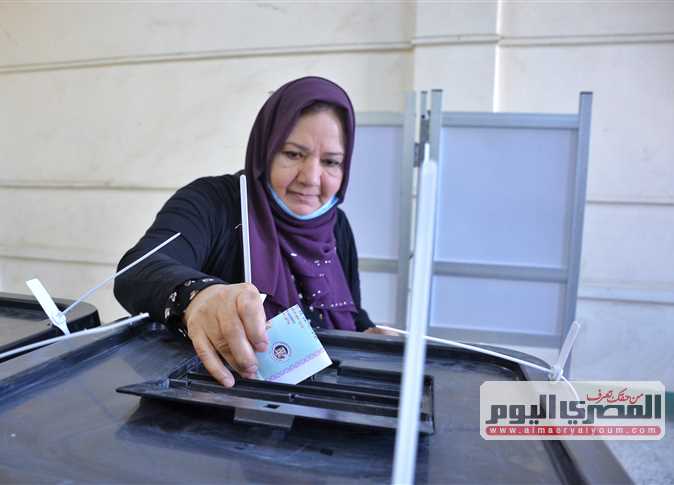Potential presidential candidate Hazem Abu Ismail has said he doubts that Egypt's military leaders intend to hand over power to civilians by the end of June.
"I cannot reassure the youth who are calling for strike and civil disobedience that the Supreme Council of the Armed Forces will hand over power," Abu Ismail said in an interview Monday on Dream 1 satellite channel.
The ruling council’s refusal to announce a schedule for presidential elections does not inspire confidence in their intention to carry out the plan, he said.
"I ask the SCAF to act straight in the upcoming period or else it will be a catastrophe. The streets will burst with people if the SCAF attempts to intervene in writing the constitution," Abu Ismail said, directly addressing the ruling generals.
He said laying out a clear schedule for presidential elections would “change everything.”
Abu Ismail also criticized Islamic movements for failing to decide on their candidate for the presidency. "This is not their mistake, though," he said. "This is the result of political pressure and coercion by the SCAF."
He also criticized the performance of Parliament members.
"You are happy with your gains but the people want the future,” he said, directly addressing the MPs.” You have to read what the street wants."
In the interview, Abu Ismail called on Egyptians to continue to pressure Parliament in order to prevent a comeback of the Mubarak regime.
Commenting on recent tensions between the US and Egypt over scrutiny of the work of NGOs in Egypt, Abu Ismail said the investigation is a political scheme by those in power.
Since the fall of the monarchy in 1952, Egypt's presidency has been occupied by military figures, starting with Mohamed Naguib, and followed by Gamal Abdel Nasser, Anwar al-Sadat and most recently Hosni Mubarak, who resigned last February following popular protests.
Because of the country’s history of military rule, many doubt the SCAF's seriousness about handing power to civilians. The ruling council has also been heavily criticized for its handling of the transitional period, which began in February of last year.
Translated from Al-Masry Al-Youm




